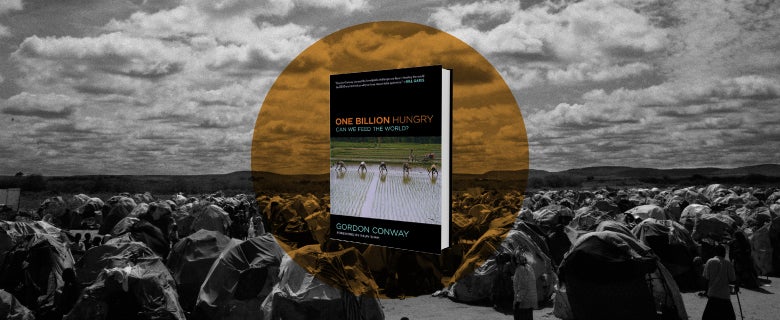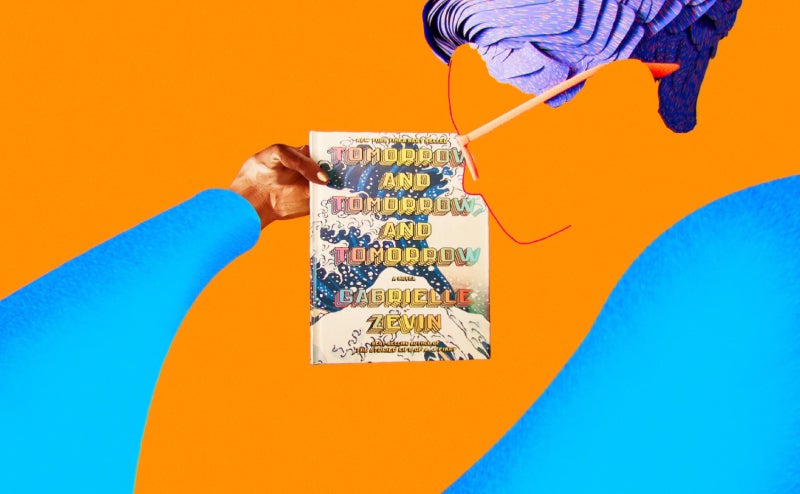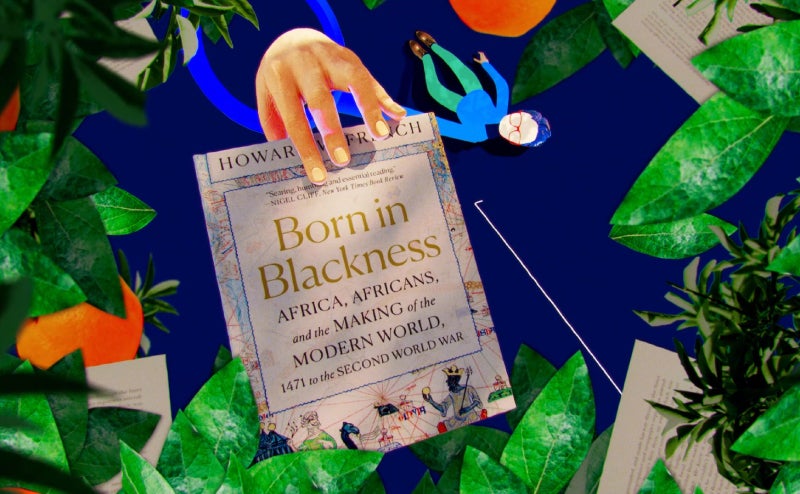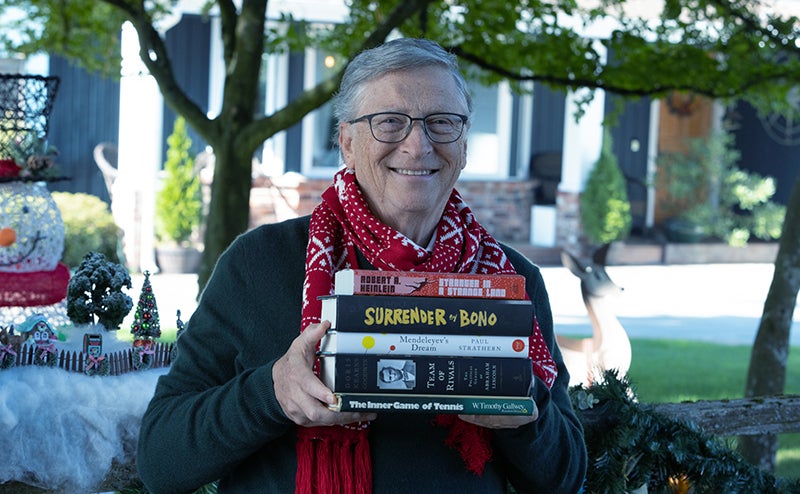The best way to encourage others to take action is to start by doing it yourself.
I recently read an important new book that explains why nearly 1 billion people in the world are still suffering from chronic hunger, and how that number will increase in the next several decades unless we act to increase the global food supply.
The book, One Billion Hungry, is by Gordon Conway, one of the preeminent experts in sustainable agricultural development. For people who want to learn about the connection between agriculture and world hunger, this book may be the best broad overview of how our modern food production system is tied to agricultural practices. It’s also very readable.
The picture Conway paints is a sobering one. Biofuel crops are competing with food crops for a decreasing supply of cultivatable land. Rising incomes in developing countries are driving up demand for resource-intensive meat products (a cow consumes eight pounds of grain for every pound of meat produced). These and other factors are pushing food prices higher and creating price spikes that are especially hard on poor families already spending most of their income on food.
Additionally, pollution, salinization, and inefficient use of existing water supplies are causing rivers to dry up and groundwater levels to decline. The rate of growth in yields of two key food staples—rice and wheat—is declining. By 2050, the world population is expected to increase from 7 billion to 9.1 billion—mostly in developing countries. And the consequences of climate change—higher temperatures and more frequent droughts and floods—are starting to impact agricultural productivity.
Taken as a whole, it can seem like a pretty frightening scenario. Like Conway, though, I’m optimistic that we can solve these problems if we start now. Ironically, one of the challenges we face is overcoming the complacency that set in after the success of the Green Revolution a half-century ago.
The Green Revolution was a series of agricultural research projects leading to the development of new corn, wheat, and rice seeds—and more productive farming practices—introduced throughout Latin America and Asia. Yields skyrocketed, resulting in lower food prices, less hunger, and lower poverty. The mass starvation predicted by one prominent academic researcher, Paul Ehrlich, in the 1968 book The Population Bomb, never came to pass.
One of the interesting points Conway makes in his book is that the success of the initial Green Revolution was as much about creating “the enabling environment” as it was about scientific advances. “Governments made substantial investments in agricultural research, in ensuring farmers had access to credits and input, and in getting markets to work efficiently. The favored countries benefited from governments willing and able to make and direct the necessary investments.”
Conway argues that we once again need to make agriculture more efficient and productive, less susceptible to variations in weather and markets, more equitable, and environmentally sustainable. He argues, and I agree, that this requires renewed political leadership, greater public and private investments in sustainable agricultural research and extension, better access to markets for smallholder farmers, and farmer-centered government policies and strategies that ensure women and children are getting adequate nutrition.
In particular, we need to pay close attention to Sub-Saharan Africa, which for a variety of reasons was bypassed by the first Green Revolution. Today, more than one of every four people in Sub-Saharan Africa is chronically undernourished—a significantly higher percentage than anywhere else. (Hundreds of millions of people are also still going hungry in Southern and Eastern Asia)
The good news is that the global development community is smarter today about making sure that breakthroughs in seeds and technologies developed in rich and middle-income countries are making their way to farmers in poor countries. More information about best practices is getting to them. The tools of digital technology are working in their favor. And we’re seeing progress in connecting smallholder farmers to regional and global markets so they can grow and sell a wider variety of crops, in addition to whatever they’re already growing for their own consumption.
In some ways, I’m more optimistic than Conway that science-driven advances can strengthen our food security. The science of agriculture is actually at a pretty exciting stage. The tools of the biological revolution that were invented to understand human health apply very directly to understanding plants as well and could make a profoundly positive difference in the years ahead.
I agree with Conway that the wildcard in boosting agricultural productivity on a sustainable basis is climate change. Although climate change is being driven mainly by the activities of industrialized countries, the negative impact will be greatest in developing countries. It is likely to result in shorter growing seasons, higher temperatures, and extreme weather events such as flooding and periods of drought. Many areas in the developing world are already experiencing water shortages. Many crops can’t tolerate even a minor increase in temperature.
Conway also points out that agriculture contributes to climate change through the clearing of forests and emissions of nitrous oxide and methane. He believes agriculture can become part of the solution through development of new technologies and systems that reward farmers for mitigating emissions.
Beyond that, society as a whole must address the underlying causes of climate change to ensure a stable food supply for the world.
Conway’s book is well organized, with chapters on hunger, agricultural innovation, and environmental challenges that can easily be read on their own. Feeding our growing world is fundamentally important to all of us, no matter where you live. If there’s one book I’d recommend reading to get the definitive story about the state of agriculture today and what we need to focus on to increase productivity and eliminate hunger, it would be One Billion Hungry.





